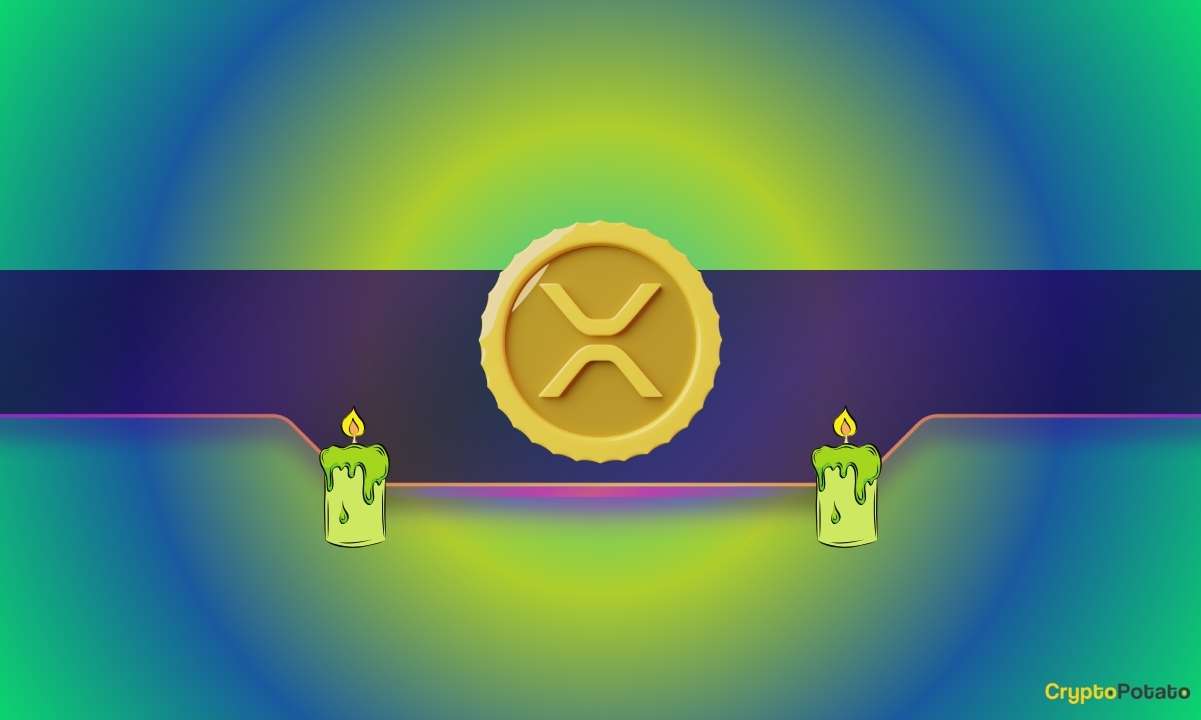Top 5 Most Common Scams Related to Ethereum 2.0
Ethereum’s transition from Proof-of-Work (PoW) to Proof-of-Stake (PoS) is, without a doubt, the protocol’s most significant upgrade since its inception. Largely referred to as “The Merge,” this is also one of the most highly-anticipated events in the cryptocurrency field in 2022.
The Merge is supposed to take place in September 2022 under a ‘soft’ schedule and barring any unforeseen circumstances.
To find out everything there is to know about it, please take a look at our detailed article on the matter.
The closer we get to that date, the more bad actors are trying to take advantage and scam people out of their money. Here are a few very popular types of scams that anyone should be aware of, especially as The Merge draws near.

Phishing Scams
Phishing scams are one of the oldest tricks in the book, and with an event as hyped as The Merge, you can expect them to skyrocket.
To those unaware, phishing scams attempt to steal funds from your wallets by providing fake yet incredibly well-done prompts that look a lot like the original. The most common example is a phishing email or some other type of message you receive online to ask you to click on links that re-direct to imitation websites. In most of the cases, they would also ask you to either input your seed phrase or to sign wallet permissions, which would allow the hacker to essentially drain your funds.
Others might ask you to unknowingly install some sort of software that would turn out to be malware and infect your computer, thus giving scammers access to your files.
As a general rule of thumb, especially in regards to opening emails from unknown senders, you should:
- Never provide personal information or passwords (including seed phrases) to anyone
- Immediately delete emails from unknown senders
- Never open an attachment or a link from an email address you don’t recognize
In addition, you should also be aware that scammers are getting more and more elaborate in their ways to get to your funds, so remaining extra alert is of the essence.
Airdrop Scams
Airdrop scams are also likely to run rampant as we approach The Merge dates. Know this:
There are no official airdrops confirmed by the Ethereum Foundation.
The way these scams work is the bad actors would send some tokens to your wallet. From there, some wallets are likely going to depict their worth and you can find yourself surprised to see that you have thousands worth of some token you’ve never seen before.
This is where the scam begins as you are likely to be prompted to sign in with your Ethereum wallet and approve a transaction while trying to claim your airdrop. What this does is essentially giving control of your keys to the scammer.
There’s another alternative to this where you would have to sign a transaction that actually sends the funds to the scammer’s account.
ETH2 Token Scams
Just as there are no official airdrops confirmed by the Ethereum Foundation, there’s also no ETH2 token. There will also never be any other token that will be introduced with The Merge.
Anyone getting you to invest, trade, mine, stake, or whatnot – into something of the kind – is trying to scam you.
As we explained in our detailed article, users don’t have to do any swaps of their ETH for The Merge.
Of course, it’s also worth keeping in mind that there are legitimate derivative tokens that may represent staked ETH. That’s the case with ETH staked on Lido’s platform, which is called stETH. Binance and Coinbase also have their alternatives.
This particular scam is very closely related to the next one on our list…
Support Scams
Support scams are very common in the cryptocurrency industry and they, much like most of the scams, target people who are not crypto-native and without sufficient knowledge of the industry.
For instance, there are already cases where people get contacted by Twitter accounts called “Ethereum Support.” They would fish for some details, which oftentimes include private keys, seed phrases, or passwords. They would also sometimes require the user to give them remote access to their computer, and so forth. The goal is pretty obvious – to rid you of your assets.
As a few key points here, you should:
- Never share your passwords or seed phrases with anyone.
- Never give anyone remote access to your computer.
- Never communicate with anyone outside of the designated channels.
As a general rule of thumb, no support team will ever extend the first contact and they surely won’t ask for any private details, especially seed phrases or passwords.

Mining Pool Scams
Ethereum currently uses the proof-of-work consensus algorithm, which implies that ETH is mined just like BTC, for example. Therefore, it is quite likely that there will be many bad actors trying to take advantage of this and scam unsuspecting victims out of their funds through mining pool scams.
For example, the scammers can make claims and stay in contact with the victim for as long as it takes, and they would try and convince them that they should join an ETH mining pool. If the user sends a small amount of money, they are even likely to see them generating some profits – this is done to lure them into sending the large amount. Once this is done, the scammers are likely to send the funds to an unknown address, never to be heard from again.
As a key point to remember here, you should:
- Know that most of these offers are not legitimate. If they were, they would have reached the mainstream by now, and you would have heard of them.
- Research in-depth about liquidity pools, staking, and mining before investing your funds.
- Be extremely wary of anyone contacting you about making money off your crypto.
Conclusion
To wrap it up, it’s imperative to understand that such big events oftentimes attract a mass of bad actors. This will surely increase the scam attempts and underestimating how creative and elaborate hackers are is the biggest mistake you can make.
In addition to the above, it’s highly advisable that you employ rigorous security management for your crypto, in general.
These 9 tips for securing your crypto wallets are a must-follow.
You should also establish these habits as soon as possible. There’s a possible saying in the industry:
“Protect your crypto as if it’s worth $100 million because one day – it might be.”









